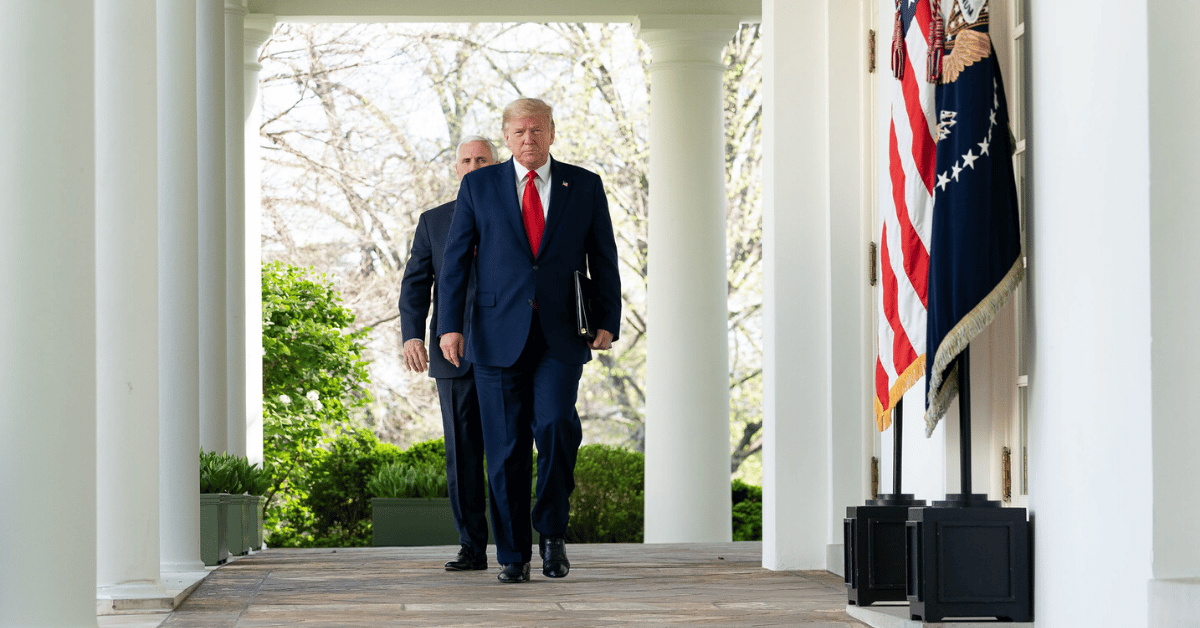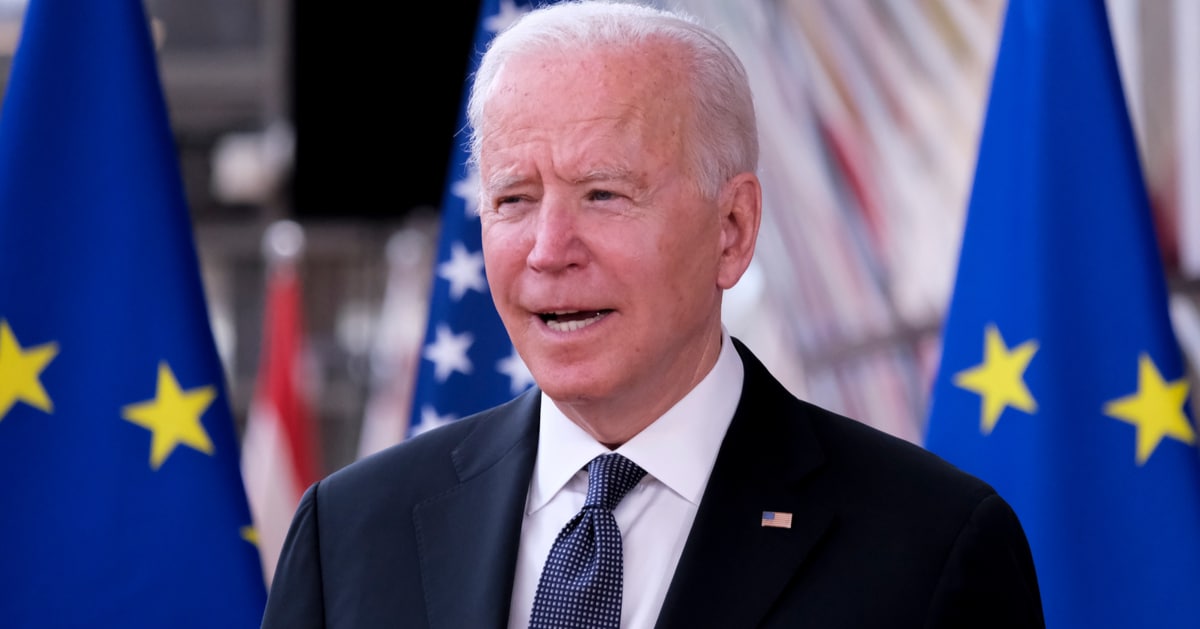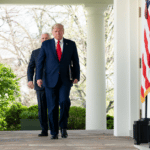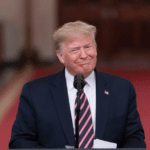




President Donald J. Trump’s bold strike on Iran’s nuclear sites has Tehran scrambling to salvage its atomic ambitions. The attack targeted Fordow, Esfahan, and Natanz, critical hubs in Iran’s nuclear program. The Daily Wire reported that Iran’s nuclear chief now claims they’re ready to rebuild, but the move signals a sharp escalation in U.S.-Iran tensions.
Trump ordered the strikes on Saturday, hitting three key Iranian nuclear facilities. Iran’s nuclear chief, Mohammad Eslami, and an adviser to Supreme Leader Ali Khamenei insist the regime was prepared for such an attack and will ensure continuity of its nuclear operations.
Since taking office in January, Trump has been crystal clear: Iran cannot have a nuclear weapon. He’s repeated this pledge at least 15 times as president and 40 times on the campaign trail since 2011.
The White House doubled down last week, emphasizing Trump’s unwavering stance against a nuclear-armed Iran due to the fact that Iran sponsors radical terrorism around the world.
Trump’s conviction isn’t new—it’s a promise he’s kept front and center for over a decade. The strikes reflect his refusal to let Iran inch closer to nuclear capability, unlike the endless diplomatic dances of prior administrations. Iran’s attempt to stall negotiations, a tactic used for 35 years, finally met a president who doesn’t play games.
Secretary of State Marco Rubio, speaking on Fox News’ “Sunday Morning Futures,” laid it bare. “They tried to play him along the way they’ve played every American president for the last 35 years,” Rubio said. He added that Trump sought a deal but warned Iran of consequences if they stonewalled.
Iran’s delay tactics were a miscalculation, Rubio argued. “They made a huge mistake,” he said, noting that Iran’s refusal to negotiate in good faith forced Trump’s hand. The strikes, Rubio suggested, were Iran’s choice, not America’s.
Iran’s nuclear chief, Mohammad Eslami, took to state-run television on Tuesday to project resilience. “We have taken the necessary measures and are taking stock of the damage,” Eslami said. His claim of preparedness sounds more like bravado than a concrete plan.
Eslami insisted Iran’s nuclear production won’t falter. “The plan is to prevent interruptions in the process of production and services,” he said.
Yet, rebuilding facilities like Natanz under international scrutiny and U.S. pressure is a tall order for a regime already on shaky ground.
An adviser to Khamenei echoed this defiance, claiming, “The game is not over.” The adviser boasted that Iran still has enriched uranium stocks and was ready for the strikes. Such posturing may rally the regime’s base, but it sidesteps the reality of crippled infrastructure.
Rubio didn’t mince words about the international response. “A bunch of these countries, putting out statements condemning us — privately, they all agree with us,” he said. The public outrage from some nations smells like diplomatic theater, not genuine disapproval.
Rubio’s point cuts through the fog of global politics. Many countries, he argued, quietly support Trump’s move but play to their audiences with performative condemnation. “The only people in the world that are unhappy about what happened in Iran last night are the regime,” Rubio said.
Iran’s government, meanwhile, is talking up its rebuilding plans. The regime claims it took steps to protect its nuclear sites before the strikes. If true, it suggests Tehran anticipated Trump’s resolve but underestimated his willingness to act.
Trump’s strikes send a message louder than any U.N. resolution: America won’t tolerate a nuclear Iran. His administration spent months pushing for a deal, only to face Iran’s tired playbook of delays. The result was a decisive blow to Tehran’s nuclear dreams.
Iran’s leaders may spin tales of resilience, but the damage is done. Rebuilding Fordow, Esfahan, and Natanz under global watch will be a logistical nightmare, if not a pipe dream. The regime’s bravado can’t hide the setback.



